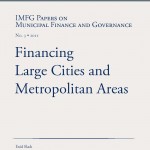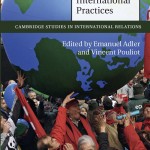October 1, 2011
What accounts for Canadian attitudes to immigration? To determine the answer, this study examines available Canadian public opinion data, including trend data, and offers a detailed analysis of a Focus Canada opinion survey conducted by the Environics Institute in November 2010. The study attempts to clarify the social bases of popular support for high immigration levels in Canada and considers political party cleavages and potential sources or processes of change. Such an analysis may help us to understand why the opposition to immigration seen in other countries is not more prominent in Canada, and whether there are any indications that Canadian attitudes have begun to turn in a more negative direction or might do so in the future.
Read full entry




